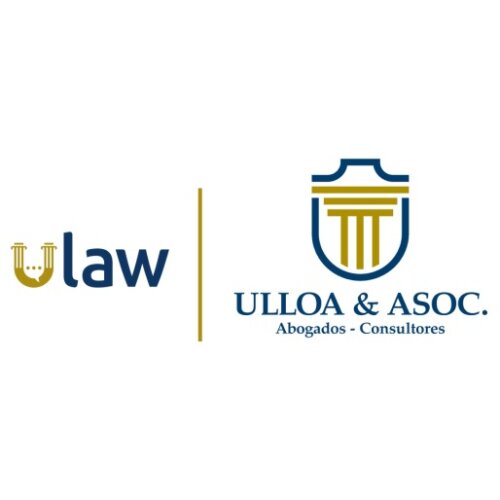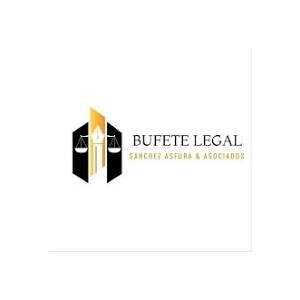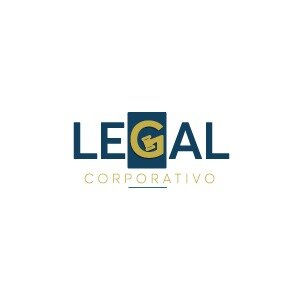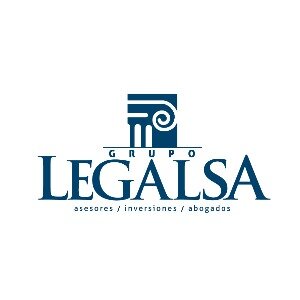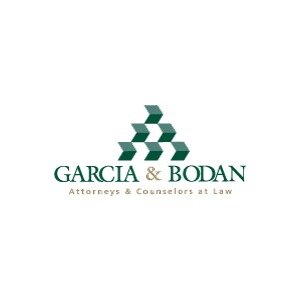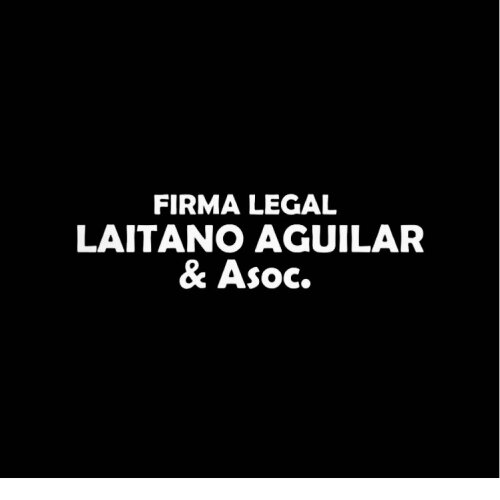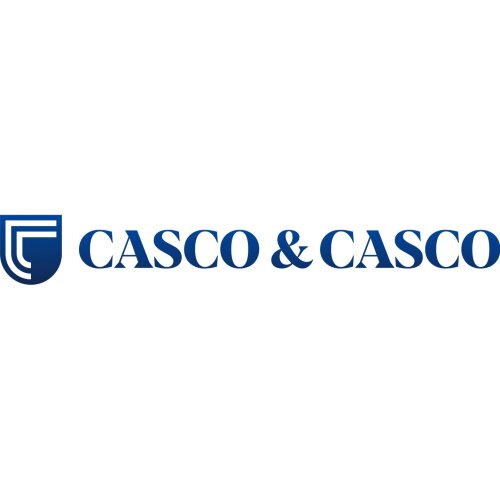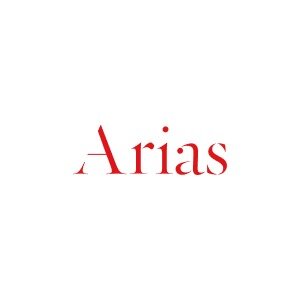Best International Lawyers in Honduras
Share your needs with us, get contacted by law firms.
Free. Takes 2 min.
Or refine your search by selecting a city:
List of the best lawyers in Honduras
About International Law in Honduras
International law in Honduras encompasses the legal frameworks and agreements between Honduras and other countries or international organizations. This includes treaties, trade agreements, and human rights laws, which are crucial for maintaining diplomatic and economic relations. Honduras, being part of the international community, adheres to several international treaties and conventions, often integrating them into its national legislation to ensure compliance and cooperation.
Why You May Need a Lawyer
There are several scenarios where individuals or organizations might require a lawyer specializing in international law in Honduras:
- Negotiating or reviewing international business contracts.
- Resolving disputes involving cross-border transactions or investments.
- Understanding or dealing with immigration issues.
- Seeking advice on international human rights matters.
- Navigating through international trade regulations and compliance.
These situations often involve complex legal concepts that require expertise in both local and international legal systems, making professional legal advice invaluable.
Local Laws Overview
Honduran legal framework incorporates various aspects of international law, reflecting its commitment to global cooperation:
- **Treaty Implementation**: Once international treaties are ratified by the Honduran Congress, they become part of national law.
- **Human Rights Protections**: Honduras is a signatory to major international human rights treaties, which influence local laws aiming to protect individuals' rights.
- **Trade and Investment Laws**: Honduras has trade agreements in place that govern international commerce, including CAFTA-DR (Central America-Dominican Republic Free Trade Agreement), which regulates trade relations with the United States and other nations.
- **Environmental Regulations**: Obligations under international environmental treaties can impact national policies and regulations.
Frequently Asked Questions
What international treaties is Honduras a part of?
Honduras is party to numerous international treaties, including the United Nations Charter, OAS (Organization of American States) agreements, CAFTA-DR, and various human rights accords.
Do international laws override local laws in Honduras?
Once ratified, international treaties are integrated into Honduran national law and hold considerable authority; however, they do not automatically supersede the national constitution.
How can I verify if an international business agreement is enforceable in Honduras?
Consult with a lawyer specializing in international business law to review the agreement's terms and ensure compliance with both international and local laws.
What steps should I take when facing a cross-border legal dispute?
Engage a legal professional with experience in international and local law to understand your options for resolving disputes through negotiation, arbitration, or legal proceedings.
Are there special courts for international cases in Honduras?
Honduras does not have separate courts for international cases; however, cases involving international elements are typically handled within the national judicial framework, often requiring specialized legal expertise.
Can a foreigner own property in Honduras?
Yes, foreigners can own property in Honduras, although there are specific restrictions and regulations, especially concerning coastal and border regions.
What are the common challenges in international trade with Honduras?
Common challenges include navigating trade regulations, customs procedures, and understanding tariff structures, where legal consultation can offer clarity and assistance.
How can international human rights issues be addressed in Honduras?
Addressing human rights issues often involves working with local and international human rights organizations, and may require legal intervention to protect or defend rights under international treaties.
What role do embassies play in providing legal help?
Embassies can assist their citizens in understanding legal proceedings and locating legal assistance, but they do not provide direct legal representation.
How can I stay informed about changes in international law affecting Honduras?
Follow updates from reputable legal firms, government announcements, and international bodies like the United Nations or the World Trade Organization.
Additional Resources
- **Honduran Ministry of Foreign Affairs and International Cooperation**: Offers information on treaties and international agreements.
- **Honduran Bar Association**: A resource for finding legal professionals specializing in international law.
- **International Trade Center (ITC)**: Provides resources related to international trade facilitation.
- **United Nations and OAS**: These organizations offer resources and updates on international law and agreements affecting Honduras.
Next Steps
If you require legal assistance in the field of international law in Honduras, here are the steps to follow:
1. **Identify Your Specific Needs**: Clearly outline the issue or query you need legal assistance with to narrow down the type of legal expertise required.
2. **Research Qualified Lawyers**: Use local resources or legal directories to find lawyers or firms with a strong background in international law.
3. **Consult with Multiple Professionals**: Consider consulting a few lawyers to compare advice and rates before making a decision.
4. **Prepare Relevant Documents**: Gather any relevant documents and information that pertain to your situation to facilitate a more efficient consultation.
5. **Engage a Lawyer**: Once you have chosen a lawyer, formalize your engagement through a clear agreement outlining fees, services, and expectations.
Lawzana helps you find the best lawyers and law firms in Honduras through a curated and pre-screened list of qualified legal professionals. Our platform offers rankings and detailed profiles of attorneys and law firms, allowing you to compare based on practice areas, including International, experience, and client feedback.
Each profile includes a description of the firm's areas of practice, client reviews, team members and partners, year of establishment, spoken languages, office locations, contact information, social media presence, and any published articles or resources. Most firms on our platform speak English and are experienced in both local and international legal matters.
Get a quote from top-rated law firms in Honduras — quickly, securely, and without unnecessary hassle.
Disclaimer:
The information provided on this page is for general informational purposes only and does not constitute legal advice. While we strive to ensure the accuracy and relevance of the content, legal information may change over time, and interpretations of the law can vary. You should always consult with a qualified legal professional for advice specific to your situation.
We disclaim all liability for actions taken or not taken based on the content of this page. If you believe any information is incorrect or outdated, please contact us, and we will review and update it where appropriate.
Browse international law firms by city in Honduras
Refine your search by selecting a city.



